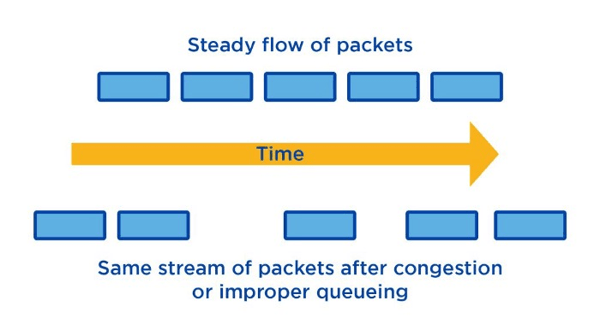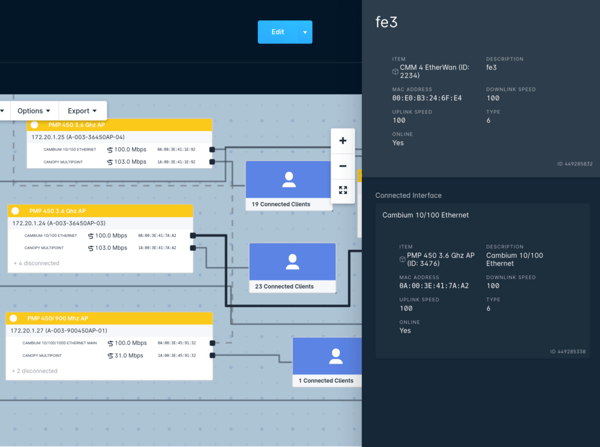3 min read
Managing Network Incidents & Reporting Them in Sonar
Operating an Internet Service Provider is becoming an increasingly competitive industry – with both American and Canadian governments...
2 min read
 Taneil Currie
:
Dec 9, 2022
Taneil Currie
:
Dec 9, 2022

Monitoring your network is an essential part of operating a successful ISP. Whether deploying Fiber to the home or a Wireless point to multipoint system, the network must operate flawlessly to deliver products and services to the customer. As ISPs expand their network, network operators face an uphill battle when troubleshooting problems in large networks due to their complexity. The right monitoring tool can ensure a better user experience for customers, network engineers, and network administrators. When evaluating solutions for your business, keep in mind:
The size of your network directly impacts the price and performance of many solutions on the market. Whether this means that a potential software will treat every network like an enterprise network, or that it won’t scale efficiently, the solution needs to suit your needs. Whether you’re an ISP just building your network, or you’re servicing thousands of clients, finding a scalable solution means you can keep building and not need to worry about selecting a new solution in the future.
Furthermore, a scalable solution will, generally, be better equipped to handle monitoring your entire network, even beyond its size. A true solution to network monitoring has to be able to scan not only your physical network topology, but your virtual devices and systems as well. Sonar does this by mapping your entire network, and by deploying a poller to check any connected endpoint as required, making sure each device is behaving as expected.

Your network needs to be reliable, and that means your network monitoring must be as well. Whether you’re deploying a local or a cloud solution, making sure you can monitor your devices is key.

In the event a device fails, or experiences issues, your monitoring system should be set up in a way that allows it to deliver notifications. While local services can have this capability, cloud services, such as Sonar, allow for much more flexibility when it comes to alerts.
Sonar is a cloud-native solution, hosted in multiple locations, meaning you’ll almost always have access to your monitoring platform, and your alerting system. Email notifications, SMS notifications, and alerting rotations are fully configurable, allowing your organization to fine tune how and when you get notified of issues.
Each network segment you bring online bridges a gap in your topology. Whether it’s a Fiber deployment for your network backbone or a capacity upgrade, each new device you bring online has layers upon layers of interconnected devices. The hallmark of a good monitoring solution isn’t purely in its power, but in its versatility.
Here, Sonar’s solution is not to build one exceptionally powerful monitoring tool, but actually, bundle multiple versatile tools with broad compatibility together, each working to form a cohesive experience. Between the Poller and its custom monitoring templates, and the Pulse mapping for your entire network, Sonar can accurately monitor and manage your entire network. And if you’re using a Hybrid network, such as one combining Fiber and Wireless technologies, your network will be displayed entirely, including which devices connect to which backhauls.

Finally, where Sonar soars above its competition is in the sheer quantity of integrations that work in tandem with network monitoring. Whether you’re notifying end-users of service interruptions, scheduling upcoming maintenance, or tracking problematic network sites, your Sonar instance can do it all.
For more information on how Sonar can be used to manage, maintain, and monitor your network, schedule a demo.

3 min read
Operating an Internet Service Provider is becoming an increasingly competitive industry – with both American and Canadian governments...

2 min read
As internet service providers strive for efficiency, resilience, and superior performance, the role of historical data in network optimization...

Automated network operations are reshaping how we manage and optimize networks. The landscape of network operations is currently experiencing a...